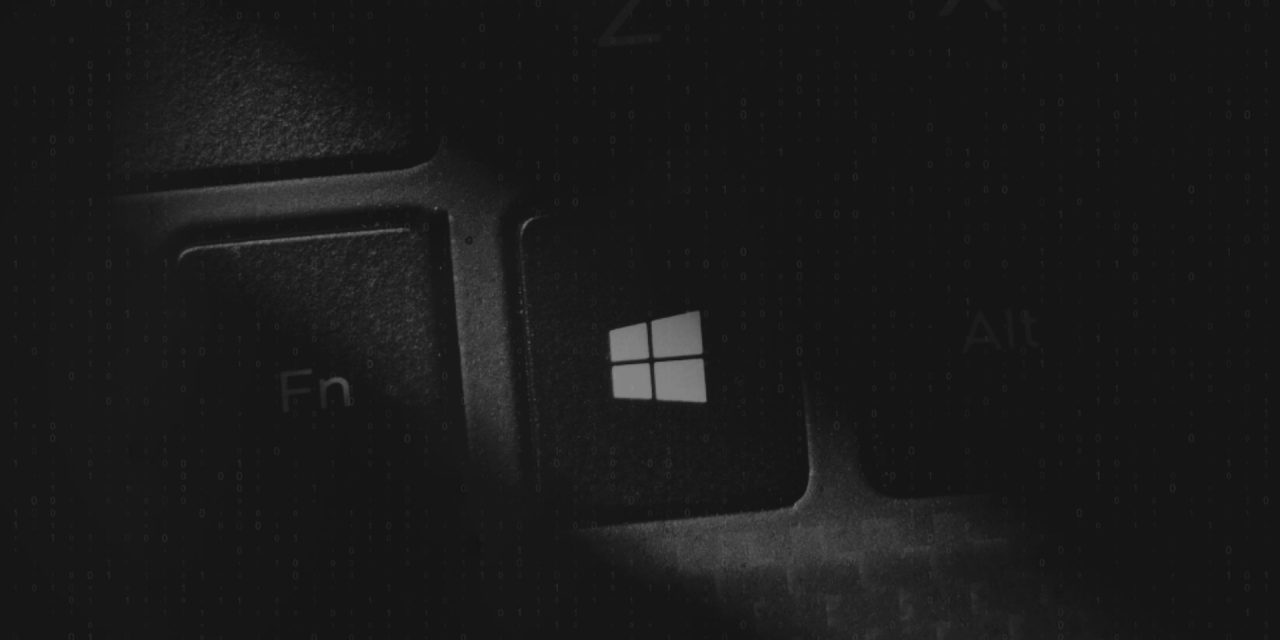With great OS power come great memory lapses, data leaks and ignored CEO directives, it seems.
Just before Microsoft releases a preview of its Recall feature on Copilot+ PCs, the firm has received preempt outcries in the UK about the AI function being a “potential privacy nightmare”.
According to MSN.com’s coverage of the incident, the Recall feature is “a way to make users’ lives easier by capturing and storing screenshots of their desktop activity.”
The AI-driven function helps users call up snapshots of anything that had appeared on their computer in the past, including files, photos, emails and browsing history. The tool goes one up on other existing software utilities of a similar nature, by also taking screenshots every few seconds. The tool can use AI to search the images for various cues as part of a search.
After public outcries attracted the attention of the UK’s Information Commissioner’s Office, the firm has “heard a clear signal that we can make it easier for people to choose to enable Recall on their Copilot+ PC and improve privacy and security safeguards.”
The firm has “built privacy into Recall’s design” so that users would have more control over what the feature (now only activated if users opt-in to it) is allowed to capture, such as certain websites or private browsing sessions on its operating system’s native browser.
Furthermore, only users that use the Windows “Hello” authentication process will be able to opt-in to the tool, and their “proof of presence” will be required “if they want to view their timeline of saved activity or search through it in Recall,” according to the firm’s spokesperson.
According to numerous cybersecurity practitioners on the Web, should hackers make their way into a device with Recall activated, instances of privacy breaches around the world will be incalculable. One former hacker of the US National Security Agency even noted that “there’s still a huge threat of legal discovery” — where Recall information breached could be used against the owner of the data in legal actions.
A series of high-profile cybersecurity incidents and breaches — include terabytes of Cloud data leaks and penetrations of government email accounts — had not seemed to put the firm on alert until consumer outcries, despite its CEO Nadella Satya’s recent public commitment to do better in safeguarding all-round cybersecurity in its products.

















